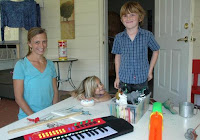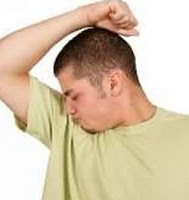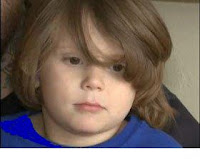Anxiety Management for Kids on the Autism Spectrum
Here are our top 10 picks for managing your child's anxiety: More resources for parents of children and teens with High-Functioning Autism and Asperger's : ==> How To Prevent Meltdowns and Tantrums In Children With High-Functioning Autism and Asperger's ==> Parenting System that Significantly Reduces Defiant Behavior in Teens with Aspergers and High-Functioning Autism ==> Launching Adult Children with Asperger's and High-Functioning Autism: Guide for Parents Who Want to Promote Self-Reliance ==> Teaching Social Skills and Emotion Management to Children and Teens with Asperger's and High-Functioning Autism ==> Parenting Children and Teens with High-Functioning Autism: Comprehensive Handbook ==> Unraveling The Mystery Behind Asperger's and High-Functioning Autism: Audio Book ==> Parenting System that Reduces Problematic Behavior in Children with Asperger's and High-Functioning Autis


